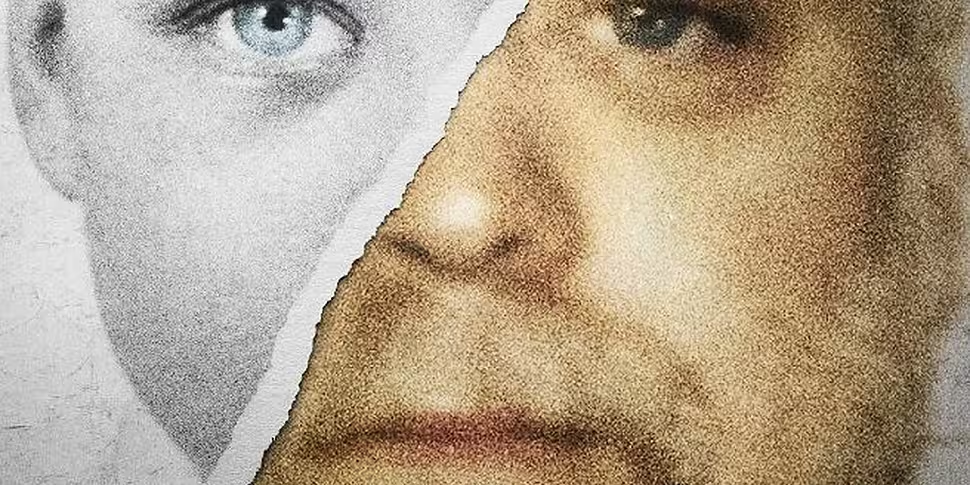Jerry Buting, one of the lawyers who defended Steven Avery in his 2007 murder trial and featured in the global hit series Making a Murderer says that he thinks that the show could help his former client to get out of jail:
"There's the old saying that two minds are better than one. Well, a million minds, or millions of minds, are better than two, because people are finding some things that we either didn't argue or didn't argue as effectively as perhaps we could have [during the trial]," he said, speaking to Ivan Yeats on Newstalk Breakfast.
He points to the photo of Teresa Halbach's car key which was found in Mr Avery's bedroom. This was a key piece of evidence, linking the murder victim to Mr Avery's property:
"We did present a question, 'why was there no other house key, or photography studio key found," but he adds that he did not point to other photo's of Ms Halbach holding the key in question on a chain with other keys.

Since the show was released he has been inundated with 'fan theories.'
"Those kinds of tips that people are coming up with may very well be useful. In addition, there is information about the other possible suspects - and other theories that people have."
He says that he has also received correspondence from scientists around the world highlighting new ways of testing evidence relating to the case.
Jurors have also come forward and publically said that they considered Mr Avery's history, and evidence not presented in the case when they found him guilty.
Mr Buting has been compiling this information and passing it on to Steven Avery's new legal team.
Taking the stand
One question which has puzzled those who watched the show is why Mr Avery chose not to take the stand as a witness.
"I can't talk about attorney-client privileged discussions," the attorney begins.
"I can just talk in general terms. In any criminal trial, the decision whether or not a defendant testifies is always complicated. Criminal defendants very often don't have a lot of education, or they may be afraid of public speaking - versus police officers for instance who are really professional witnesses, they come and testify all the time.
He continues: "Then there's that other problem, that when a defendant does testify, jurors tend to weigh that testimony against the police testimony and decide which one is more believable.
"When that is really not what the law says. The law says you are supposed to look at the state's case and first decide whether they have been convinced beyond reasonable doubt" that the case proves that the defendant is guilty."
He says that it's a "Catch 22" and that you're "damned if you do and damned if you don't" put the suspect forward as a witness.
Other suspects
Jerry Buting says that the judge in the trial would not allow him to introduce alternative suspects to the jury:
"I knew that there were others who had the same access, opportunity as Steven Avery and that the jury needed to understand this.
"The judge disallowed that evidence at trial because he said that unless we could prove that these other suspects had a motive, to kill Teresa Halbach that we were not allowed to do that."
He describes this decision as "terribly unfair ruling" and adds that this decision hurt Mr Avery's case "before it even got started."









